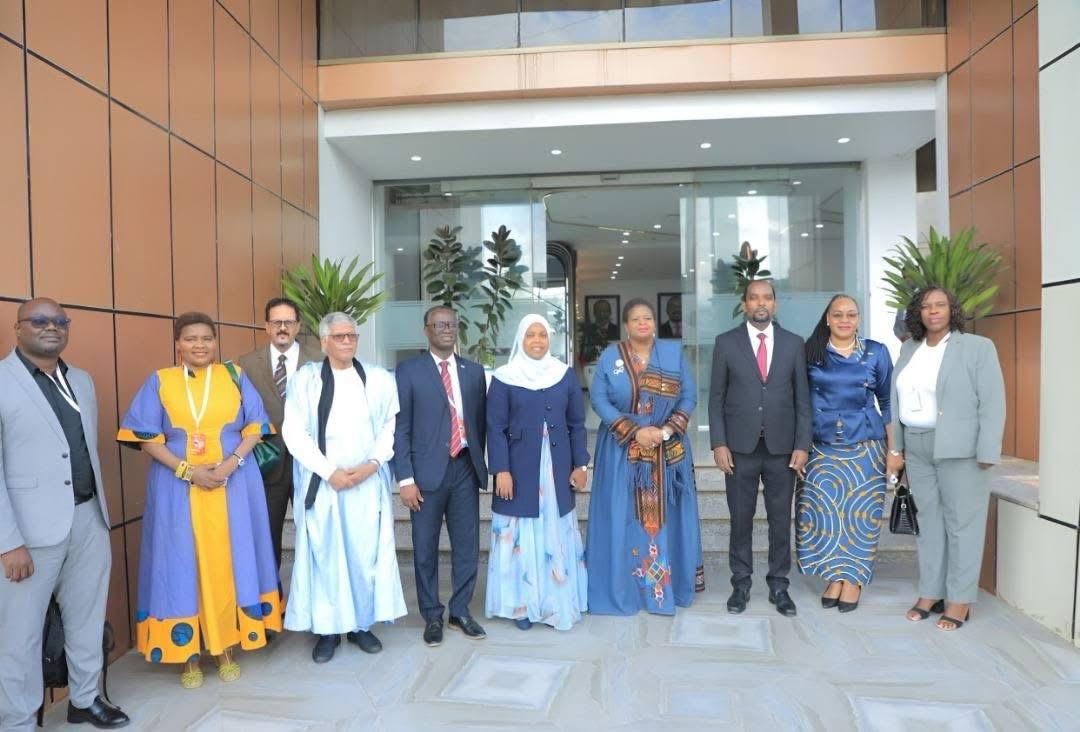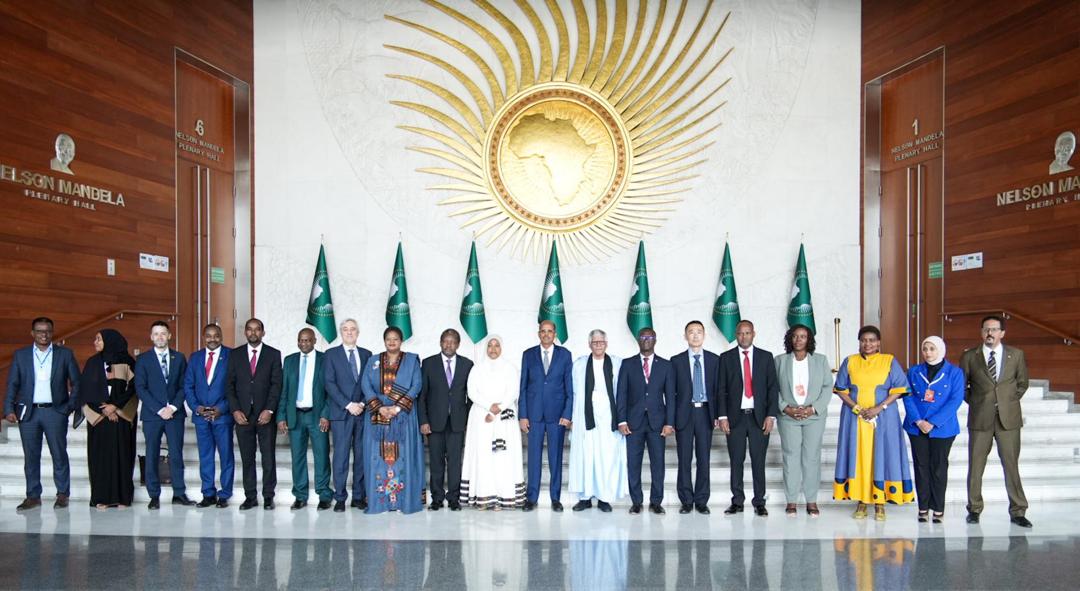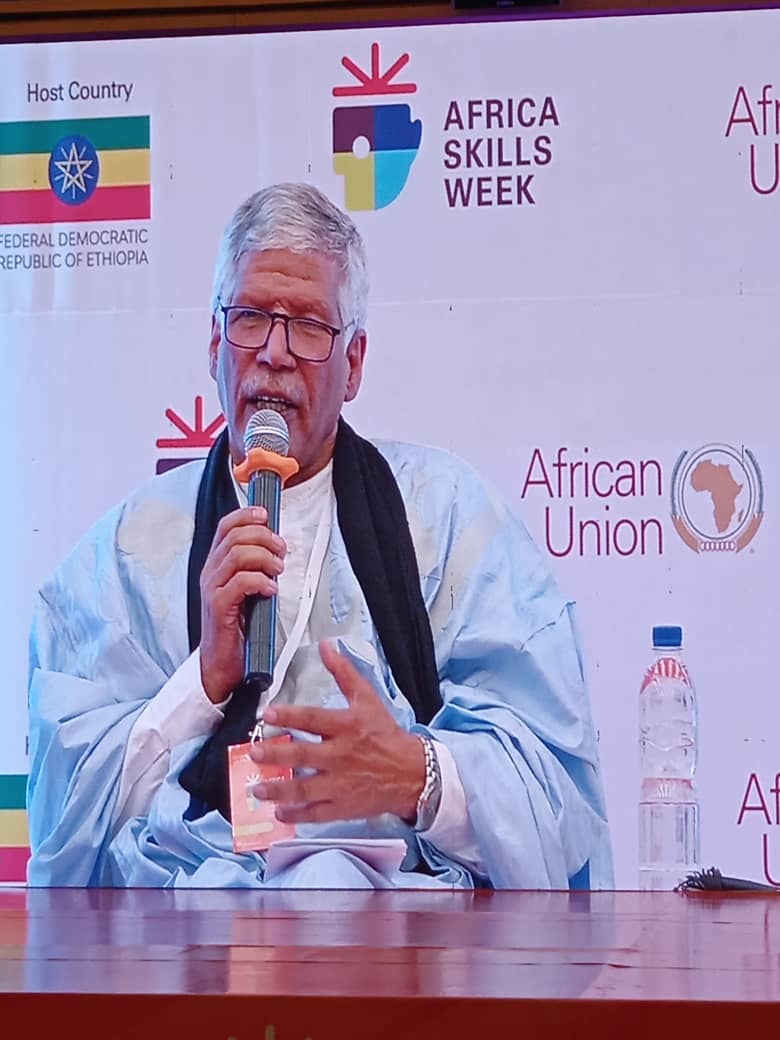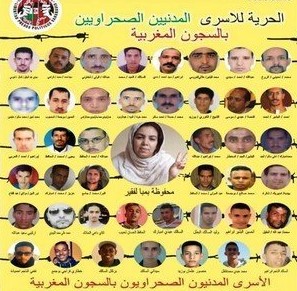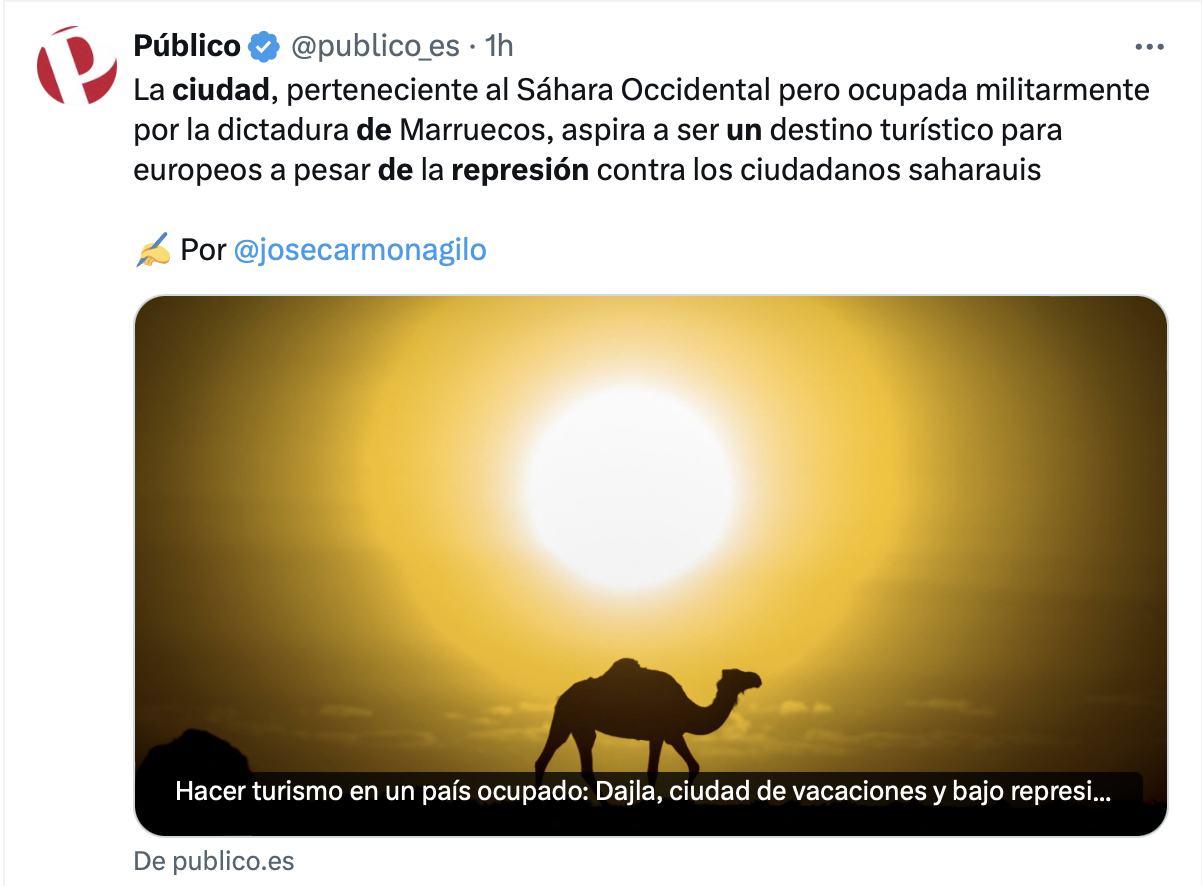
Dajla (Occupied territories of the Sahrawi Republic) 25 January 2025 (SPS)- Spanish newspaper El Público published an investigative report on January 24, authored by journalist José Carmona, highlighting how Morocco is leveraging tourism to entrench its occupation of Western Sahara.
The article paints a stark picture of Dajla, a city in the occupied zone of this last colony in Africa, where picturesque resorts and tourist attractions mask severe repression of the Sahrawi citizens by the Moroccan authorities of occupation.
Carmona’s report details how Morocco has transformed Dajla into a promising tourist destination for Europeans, offering cheap flights, water sports, and desert excursions. This burgeoning tourist destination, marketed by the Moroccan occupation as a paradise for adventure and relaxation, sits atop a darker reality: systematic repression of the Sahrawi people under Moroccan military occupation.
Carmona underscores that “the city is a place of resorts and seafood, but also of Sahrawi repression and the disappearance of activists.”
According to the article, Moroccan authorities maintain tight military control over the city, silencing dissent and penalizing displays of Sahrawi identity. One activist quoted in the piece described the disappearance of his brother, saying, “My brother has been missing for two years; he must be dead.”
The report further criticizes Morocco’s broader strategy of using tourism to legitimize its control of Western Sahara, a territory the United Nations recognizes as awaiting decolonization.
Carmona references statements from Abdulah Arabi, the Polisario Front’s Representative in Spain, who called Morocco’s approach “a global strategy to achieve by action what the law denies them.”
Arabi emphasized that these efforts, including the promotion of tourism and cultural appropriation, violate international norms requiring the participation of the Sahrawi people in any economic exploitation of their territory. It should be recalled here that Morocco has no sovereignty over the territory and should therefore abstain from any sort of exploitation of its resources.
The article also draws attention to the complicity of international actors. While tourists enjoy curated experiences in Dajla, the report notes, the Sahrawi people endure “segregation, forced disappearances, and torture.”
Meanwhile, new infrastructure projects—such as luxury hotels and fishing ports—advance without regard for United Nations resolutions. Carmona warns that these developments risk consolidating Morocco’s illegal claims over the region, leaving the Sahrawi people under occupation further marginalized.
El Público report concludes by shedding light on the Moroccan attempts to erase Sahrawi identity within Dajla, where Moroccan authorities present the region’s culture as an extension of their own.
The international community remains largely passive, Carmona stresses, despite United Nations resolutions affirming Western Sahara’s right to self-determination, and the illegality of exploiting its resources without consent, Morocco’s development projects in Dajla proceed unchecked.
For now, Dajla embodies a grim paradox: a picturesque vacation destination built atop a foundation of human rights abuses. While tourists relax in the sun and surf, the Sahrawi people continue their struggle for recognition and freedom in the shadows of occupation. (SPS)
090/500/60 (SPS)

